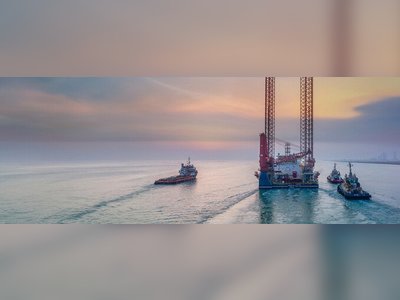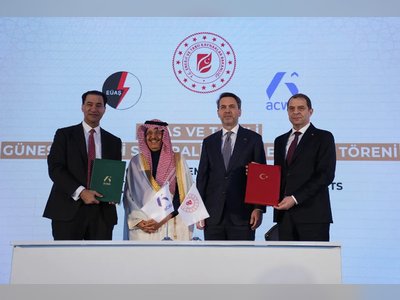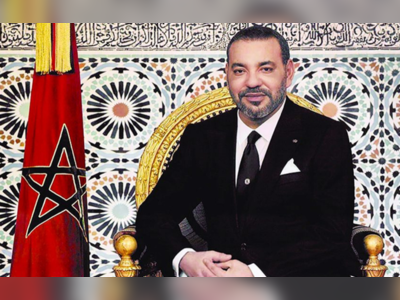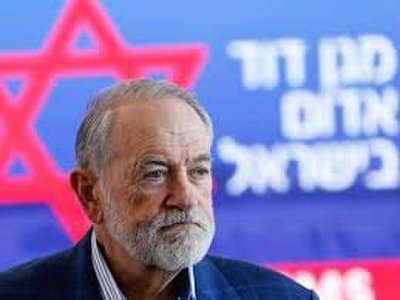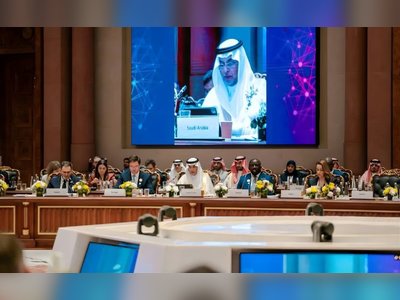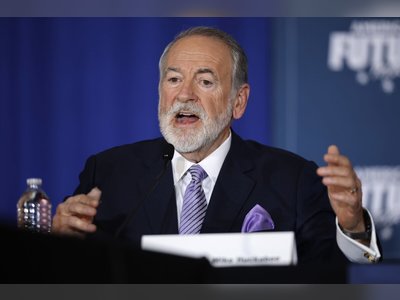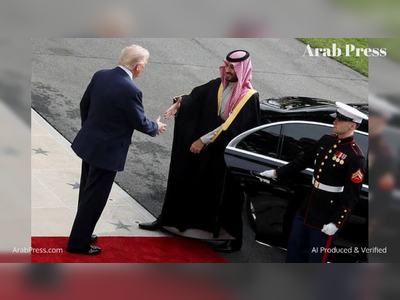
Emergency European Summit Addresses Ukraine's Defense Amid U.S. Support Uncertainty
Ukrainian President Zelensky's participation highlights Europe's critical moment in security discussions as Russia asserts opposition to foreign troops in Ukraine.
An emergency summit of European leaders convened in Brussels, where President of the European Commission Ursula von der Leyen welcomed Ukrainian President Volodymyr Zelensky.
This meeting comes as Europe grapples with a critical moment regarding its defense capabilities in light of decreasing military support from the United States.
Von der Leyen characterized the situation as a 'clear and present danger' for Europe, emphasizing the necessity for the continent to be capable of self-defense and to support Ukraine in protecting itself and pursuing a lasting peace.
António Costa, the President of the European Council, echoed the sentiment, stating that European security is intrinsically linked to Ukraine's security.
He reiterated the goal of having Ukraine within the European Union by the end of the decade.
At the summit, Von der Leyen outlined a European armament plan aimed at mobilizing €800 billion through various funding mechanisms, while also advocating for an enhancement of Ukraine's air defense systems and military capacity.
Prior to the summit, EU foreign affairs chief Josep Borrell and the Estonian Prime Minister Kaja Kallas urged member states to display unity and resolve in support of Ukraine, pointing to the turbulent times Europe is experiencing.
Ukrainian Foreign Minister Andriy Sybiha described the European Council meeting as a 'historic moment' for strategic defense, emphasizing the expectation for robust EU actions to bolster Ukraine's defenses.
Zelensky's discussions with EU officials included talks on reinforcing Ukraine's defense capabilities, increasing sanctions against Russia, and accelerating military aid, including artillery systems and munitions.
He indicated that the forthcoming European armament plan would also explore shared borrowing mechanisms and issuance of European bonds, although certain objections from major member states regarding the use of frozen Russian assets emerged, which could affect market perceptions in Europe.
French President Emmanuel Macron stated that France is prepared to utilize its nuclear deterrent to defend European partners in light of U.S. military supply hesitance, condemning Russian actions as aggressive and urging decisive action.
European officials recognized a pressing race against time, especially concerning shifting U.S. policy that has exceeded their worst-case projections.
Meanwhile, Hungarian Prime Minister Viktor Orbán reiterated his support for enhancing military capabilities but cautioned that such efforts should prioritize European nations over Brussels bureaucrats.
In contrast, Turkey expressed willingness to send peacekeeping forces to Ukraine if an agreement between Kyiv and Moscow was reached.
The summit's discussions were shadowed by warnings from Russian officials, with Foreign Minister Sergey Lavrov reiterating that any European military deployment in Ukraine would be deemed unacceptable.
The Kremlin criticized Western commentary labeling the Ukraine conflict as a proxy war and underscored their view of the conflict as a direct confrontation with the West.
Lavrov addressed Macron's statements concerning nuclear forces, deeming them a direct threat to Russian security and highlighting tensions regarding NATO's expansion.
As the summit proceeded, the prevailing sentiment among European leaders was a commitment to providing necessary support to Ukraine while addressing the shifting dynamics of international alliances.
Draft conclusions from the summit indicated the EU's readiness to continue contributing to security guarantees, maintaining a cautious approach to avoid potential vetoes from member states while ensuring cooperative discussions with both Ukraine and NATO allies.
This meeting comes as Europe grapples with a critical moment regarding its defense capabilities in light of decreasing military support from the United States.
Von der Leyen characterized the situation as a 'clear and present danger' for Europe, emphasizing the necessity for the continent to be capable of self-defense and to support Ukraine in protecting itself and pursuing a lasting peace.
António Costa, the President of the European Council, echoed the sentiment, stating that European security is intrinsically linked to Ukraine's security.
He reiterated the goal of having Ukraine within the European Union by the end of the decade.
At the summit, Von der Leyen outlined a European armament plan aimed at mobilizing €800 billion through various funding mechanisms, while also advocating for an enhancement of Ukraine's air defense systems and military capacity.
Prior to the summit, EU foreign affairs chief Josep Borrell and the Estonian Prime Minister Kaja Kallas urged member states to display unity and resolve in support of Ukraine, pointing to the turbulent times Europe is experiencing.
Ukrainian Foreign Minister Andriy Sybiha described the European Council meeting as a 'historic moment' for strategic defense, emphasizing the expectation for robust EU actions to bolster Ukraine's defenses.
Zelensky's discussions with EU officials included talks on reinforcing Ukraine's defense capabilities, increasing sanctions against Russia, and accelerating military aid, including artillery systems and munitions.
He indicated that the forthcoming European armament plan would also explore shared borrowing mechanisms and issuance of European bonds, although certain objections from major member states regarding the use of frozen Russian assets emerged, which could affect market perceptions in Europe.
French President Emmanuel Macron stated that France is prepared to utilize its nuclear deterrent to defend European partners in light of U.S. military supply hesitance, condemning Russian actions as aggressive and urging decisive action.
European officials recognized a pressing race against time, especially concerning shifting U.S. policy that has exceeded their worst-case projections.
Meanwhile, Hungarian Prime Minister Viktor Orbán reiterated his support for enhancing military capabilities but cautioned that such efforts should prioritize European nations over Brussels bureaucrats.
In contrast, Turkey expressed willingness to send peacekeeping forces to Ukraine if an agreement between Kyiv and Moscow was reached.
The summit's discussions were shadowed by warnings from Russian officials, with Foreign Minister Sergey Lavrov reiterating that any European military deployment in Ukraine would be deemed unacceptable.
The Kremlin criticized Western commentary labeling the Ukraine conflict as a proxy war and underscored their view of the conflict as a direct confrontation with the West.
Lavrov addressed Macron's statements concerning nuclear forces, deeming them a direct threat to Russian security and highlighting tensions regarding NATO's expansion.
As the summit proceeded, the prevailing sentiment among European leaders was a commitment to providing necessary support to Ukraine while addressing the shifting dynamics of international alliances.
Draft conclusions from the summit indicated the EU's readiness to continue contributing to security guarantees, maintaining a cautious approach to avoid potential vetoes from member states while ensuring cooperative discussions with both Ukraine and NATO allies.



